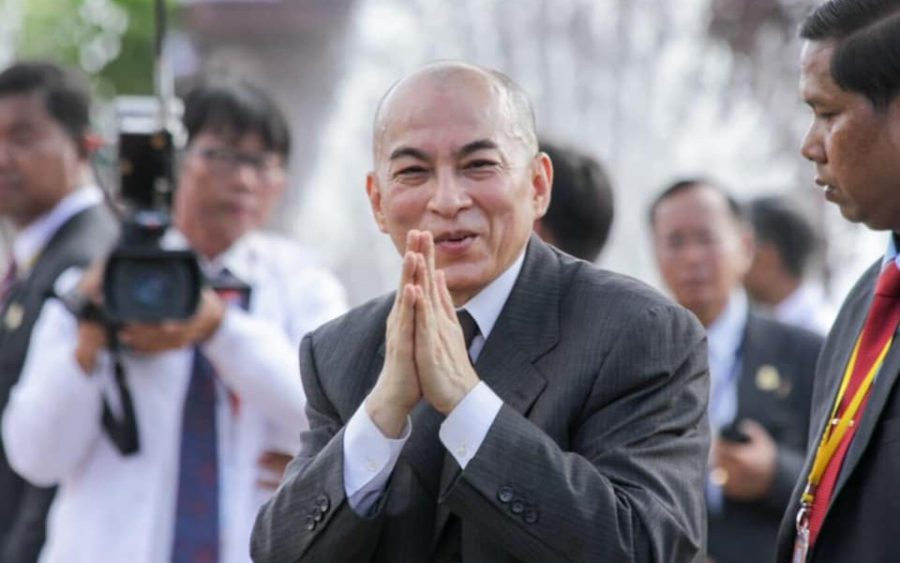King Norodom Sihamoni signed into law constitutional amendments mandating that Cambodians with dual citizenship were disqualified from occupying four senior government positions.
The nationality clauses, which will be included in the Constitution, disqualifies anyone with dual citizenship from becoming the prime minister or president of the Senate, National Assembly and Constitutional Council.
The amendments were proposed after British news website The Guardian published that Hun Sen had Cypriot nationality, an error later corrected by the publication. It was a slip-up based on prior reports that emphasized Hun Sen’s connections to niece Hun Kimleng, National Police commissioner Neth Savoeun, Finance Minister Aun Pornmoniroth, tycoon Choeung Sopheap and senator Lao Meng Khin, who have applied for or acquired Cypriot citizenship, according to Reuters.
Some sections of the dissolved CNRP, such as Sam Rainsy, pounced on the article to allege that Hun Sen was a dual citizen, with the prime minister taking umbrage at suggestions that he had dual citizenship, directing Justice Minister Keut Rith to draft the dual-nationality amendments. Rainsy, who has long held ambitions of being prime minister, holds French citizenship.
Senate spokesperson Mam Bun Neang also confirmed that legislation to transition and eventually shut down the Khmer Rouge Tribunal, officially called the Extraordinary Chambers in the Courts of Cambodia, was also signed into law by the king.
The government and United Nations worked on the legislation together, and the new law will allow a transition period expected to be two to three years during which the tribunal will finish any pending cases and work.
The hybrid court was tasked with prosecuting senior members of the Khmer Rouge and to date has had one of the four cases reach completion. Another was dismissed, and the other two are at various stages in the court. Recent cases have been plagued with disagreement between the national and international judges on the bench.












